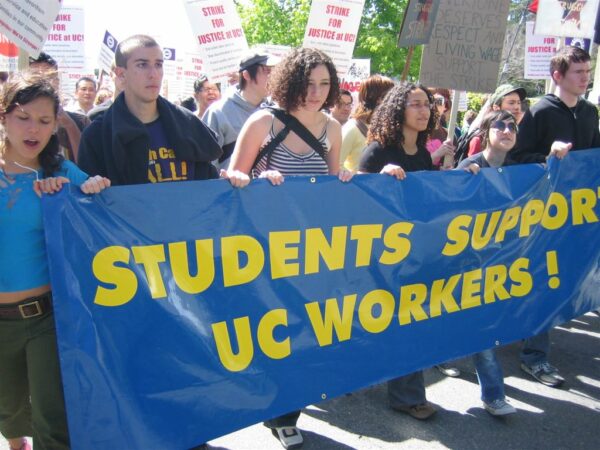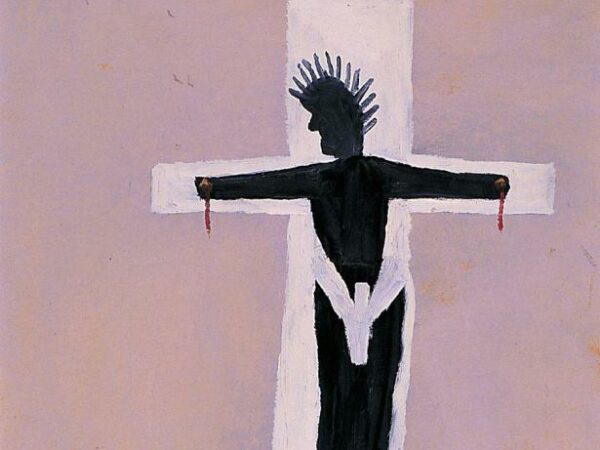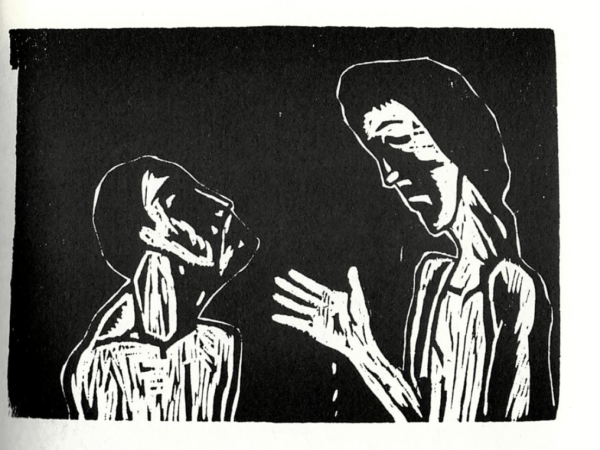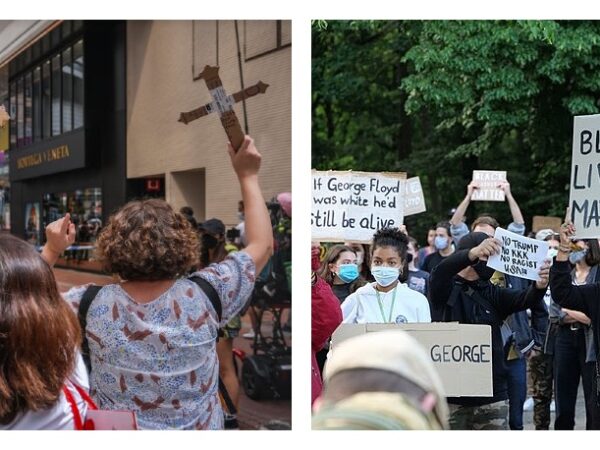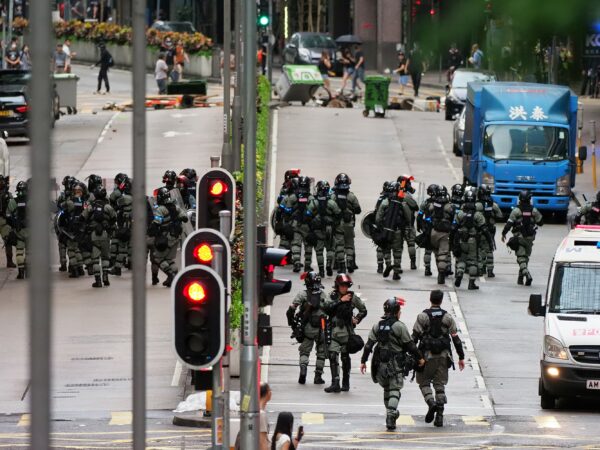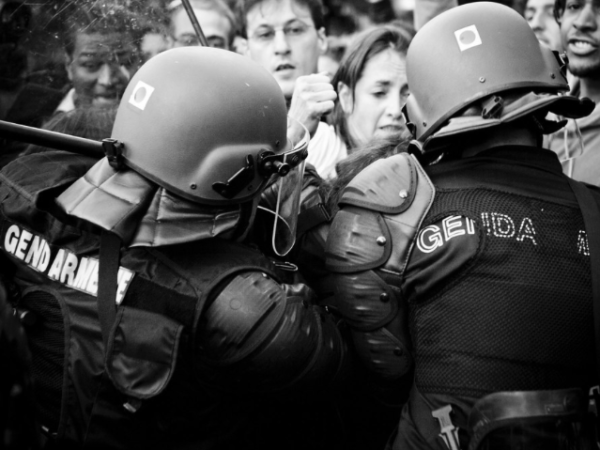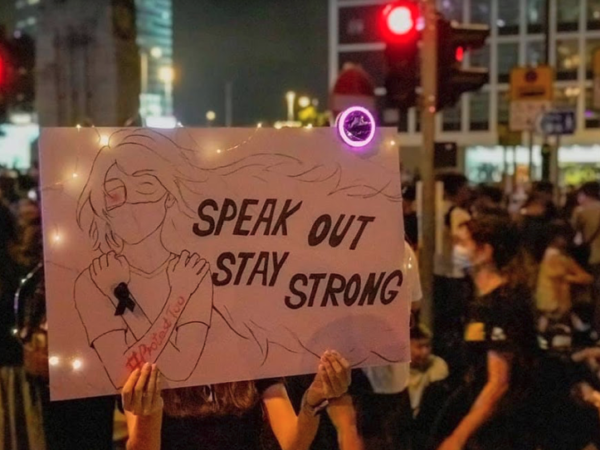
There is the rising emergence of a new breed of women protesters in Hong Kong—women who are fearless in the face of escalating brutality from the police and authorities. They remind us of the women in Galilee in the Gospel who were so brave and caring and overcame community pressure and even the fear of execution.
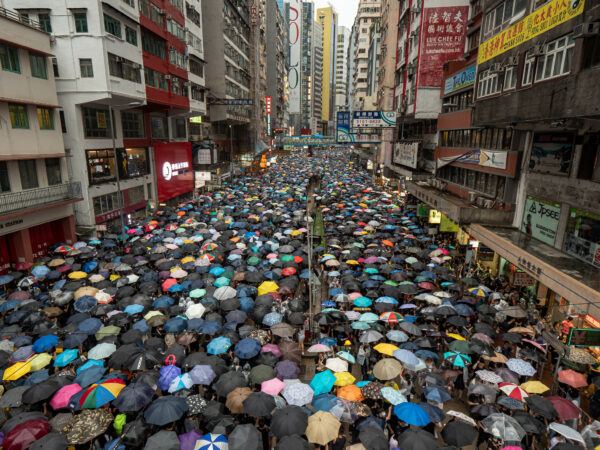
The coexistence of numerous means of resistance in Hong Kong underscores the limitations of the violent/nonviolent dichotomy, pointing out that achieving social change is not either peaceful or militant but can be both, depending on the context. It also raises questions to Christian theologians and ethicists regarding the justification (or perhaps critique) of coexistent ways of resistance in facing authoritarian regimes.
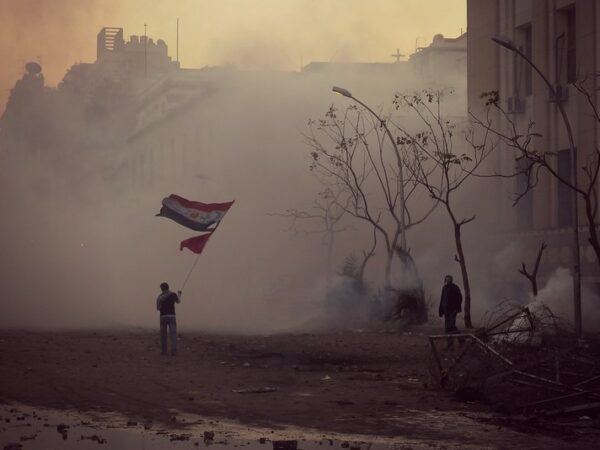
The language of the imago dei has the capacity, in my view, to subvert the legal and ethical justifications for war, and focus dialogue and conversations on the ways in which killing, tragically, allows us to glimpse the diminishment of our own humanity in the death of another.

A transformative justice approach with restorative mechanisms works to break this logic of de-humanization and build more humanizing social processes. Accountability, as distinct from punishment, is about better understanding the harm, growing in empathy, acknowledging responsibility, and moving in the direction of changing harmful behavior.
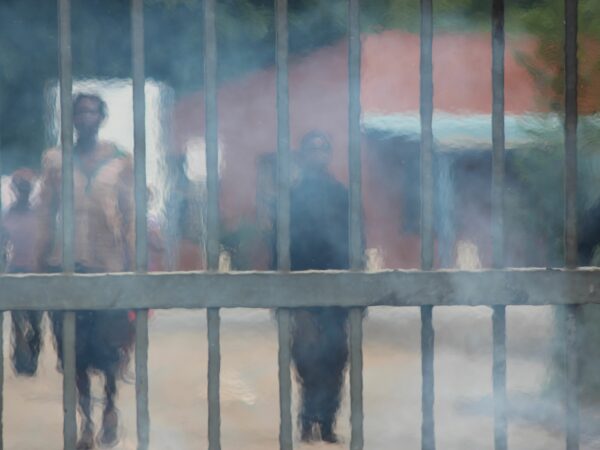
Andrew Suderman argues that the significance of protest lies in challenging the “policing” realities of death that plague our world and exposes the contingencies on which such logic rests whilst reasserting our own political agency by re-claiming the power we have to embody now the future God desires for this world. This is the form of politics to which Jesus calls us.
